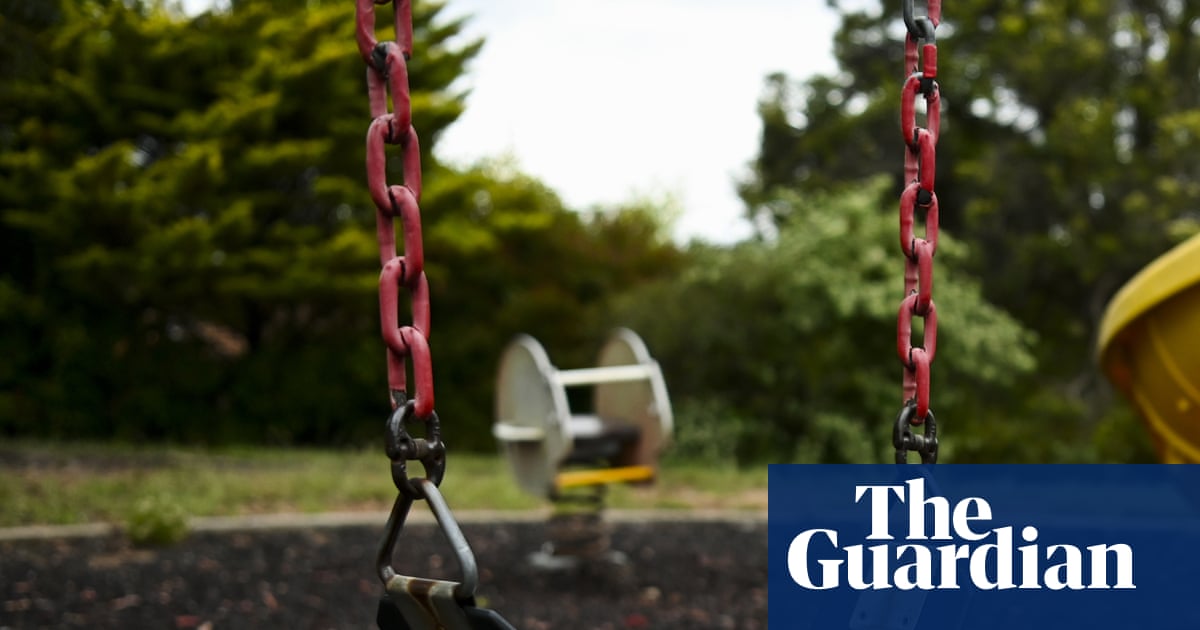Six-year-old boy abducted from California park in 1951 found alive after seven decades | US News

A man who was abducted at the age of six while playing in a California park in 1951 has been found more than seven decades later thanks to the help of an online ancestry test, old photos and newspaper clippings.
The Bay Area News Group reported Friday that the niece of Luis Armando Albino in Oakland — with the help of police, the FBI and the Justice Department — has located her uncle living on the East Coast of the United States.
Albino, a father and grandfather, is a retired firefighter and a Marine Corps veteran who served in Vietnam, according to his niece, Alida Alequin, 63. She found Albino and reunited him with his California family in June.
On February 21, 1951, a woman lured the six-year-old albino from a West Oakland park where he was playing with his older brother and promised him in Spanish that she would buy him candy.
Instead, the woman kidnapped the boy from Puerto Rico and flew him to the East Coast, where he ended up with a couple who raised him as if he were their own son, the news outlet reported. Authorities and family members have not said where he lives on the East Coast.
For more than 70 years, Albino remained missing but he was always in his family’s hearts and his picture hung in relatives’ homes, his niece said. His mother died in 2005 but never gave up hope that her son was alive.
Oakland police acknowledged that Alequin’s efforts “played a vital role in the search for his uncle” and that “the outcome of this story is what we strive for.”
In an interview with the newspaper group, she said her uncle “hugs me and says, ‘Thanks for finding me,’ and gives me a kiss on the cheek.”
Oakland Tribune articles at the time reported that police, soldiers from a local military base, the Coast Guard and other city employees had participated in a massive search for the missing boy. San Francisco Bay and other waterways had also been searched, the articles said. His brother, Roger Albino, was interviewed repeatedly by investigators but maintained his story that a woman wearing a bandana around her head had taken his brother.
The first inkling that her uncle might still be alive came in 2020 when, “just for fun,” Alequin said, she took an online DNA test. It revealed a 22% match to a man who ultimately turned out to be her uncle. Further research at the time yielded no answers or any response from her, she said.
Earlier this year, she and her daughters began their search again. During a visit to the Oakland Public Library, she looked at microfilm of Tribune articles—including one that contained a photo of Luis and Roger—and it convinced her she was on the right track. She turned herself in to Oakland police that same day.
Investigators eventually agreed that the new lead was serious and a new investigation into the disappearances was opened. Oakland police said last week that the disappearances case was closed, but they and the FBI considered the kidnapping investigation still open.
Luis was on the east coast and provided a DNA sample, as did his sister, Alequin’s mother.
On June 20, investigators went to his mother’s home, Alequin said, and told them both that his uncle had been found.
“We didn’t start crying until after the investigators left,” Alequin said. “I took my mother’s hands and said, ‘We found him.’ I was over the moon.”
On June 24, with the assistance of the FBI, Luis traveled to Oakland with family members and met with Alequin, his mother, and other relatives. The next day, Alequin drove his mother and new uncle to Roger’s home in Stanislaus County, California.
“They hugged each other and held each other really tight. They sat down and just talked,” she said, recalling the day of the kidnapping, their military service and much more.
Luis returned to the East Coast, but he returned in July for a three-week visit. That was the last time he saw Roger, who died in August.
Alequin said his uncle did not want to speak to the media.
“I’ve always been determined to find him and who knows, if my story gets out it might help other families who are going through the same thing,” Alequin said. “I would say, don’t give up.”




